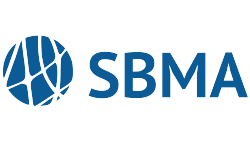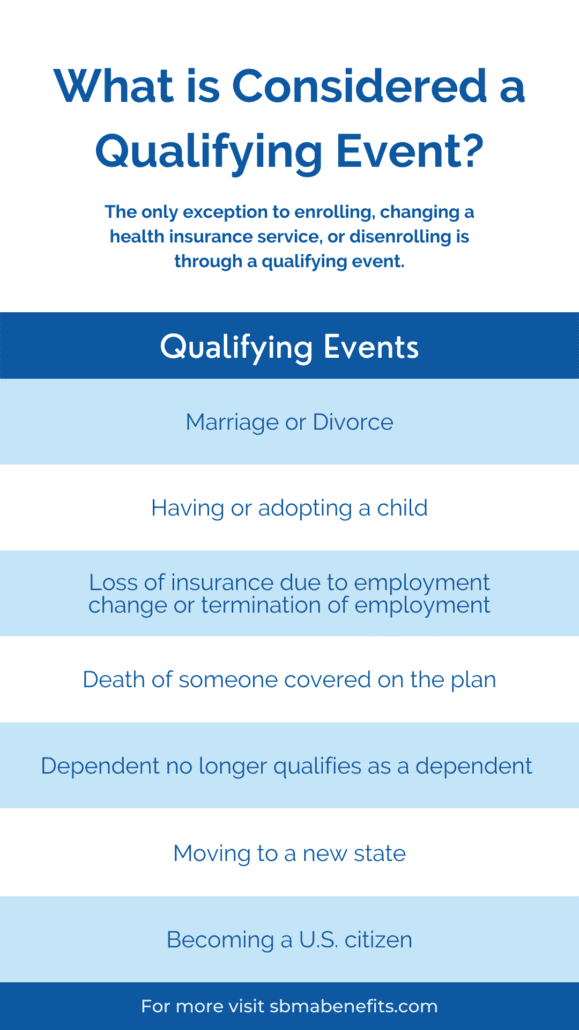The Affordable Care Act’s tenth open enrollment season will start on November 1, 2022 and end on January 15, 2023. Although the ACA has been in place for a decade, there are still some changes happening in the health insurance marketplace. Here are some things to keep in mind during this year’s open enrollment period.
Open Enrollment
Firstly, what is open enrollment? It’s the one period of the year where employees can sign up for health insurance or change a health insurance plan provided by the employer. Remember that this period also allows employees to disenroll in health insurance if they no longer wish to have coverage.
The only exception to enrolling, changing a health insurance service, or disenrolling is through a qualifying event. Qualifying events can vary depending on the state the employee resides in.
Qualifying events include:
- Marriage
- Divorce
- Having or adopting a child
- Loss of insurance due to employment change or termination of employment
- Death of someone covered on the plan
- A dependent no longer qualifies as a dependent
- Moving to a new state
- Becoming a U.S. citizen
When is Open Enrollment for Health Insurance?
Open enrollment periods range depending on the healthcare provider and the state the employee lives in. Nationally, open enrollment periods begin on November 1st 2022 through January 15th 2023. In order for coverage to begin January 1st 2023, enrollees must enroll by December 15th.
Check here for Affordable Care Act (ACA) open enrollment dates by state.
Is There Health Insurance That Doesn’t Use Open Enrollment?
Yes, a few health insurance policies do not have the same open enrollment restrictions that others do. This means that there aren’t restricted time periods when employers can sign up for insurance. It is available to them year-round.
Different types of health insurances that don’t follow open enrollment rules include:
- U.S. government’s Children’s Health Insurance Program (CHIP)
- Medicaid
- Short-term health insurance
- Travel insurance
- Supplemental insurance programs
- Medigap
How Can Offering Voluntary Benefits Save Your Business Money?
Voluntary benefits are offered by employers to their employees at no additional cost to the employer. They are often referred to as employee-paid benefits or supplemental insurance. The employer makes the benefits available to the employee, but the employee pays the full cost of the plan. It is not split between the two.
This form of insurance is rising in popularity because it allows employees the flexibility to choose the type of insurance or health coverage that best fits their lifestyle instead of paying for coverage the employee does not want or need.
Employer benefits of offering voluntary benefits include:
- Reducing out-of-pocket health care costs
- Access to group rates
- 100% of the insurance cost is paid by the employee
- Gives your employees choice in healthcare plans
- It is available to part-time and full time employees
- Helps your company attract and retain top talent (77% of workers say that benefits packages are an important part of deciding on accepting or rejecting a job offer)
- Saves you billing time through automatic payroll deductions
At SBMA, we provide comprehensive coverage plans for employers to provide affordable benefits to employees. Here, our voluntary benefit plans encompass:
- Health
- Dental
- Vision
- Wellness/Lifestyle
- Financial
- Security
- Personal and miscellaneous



